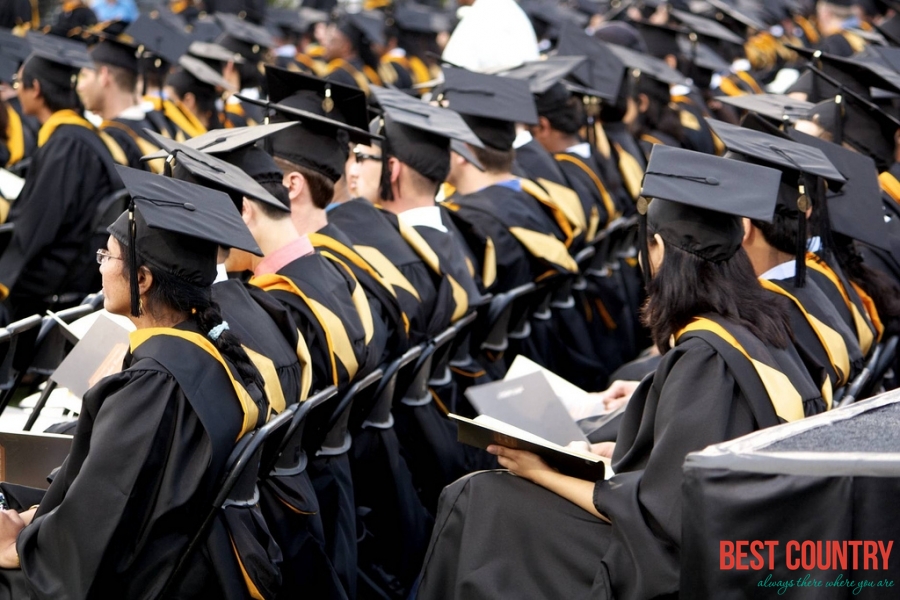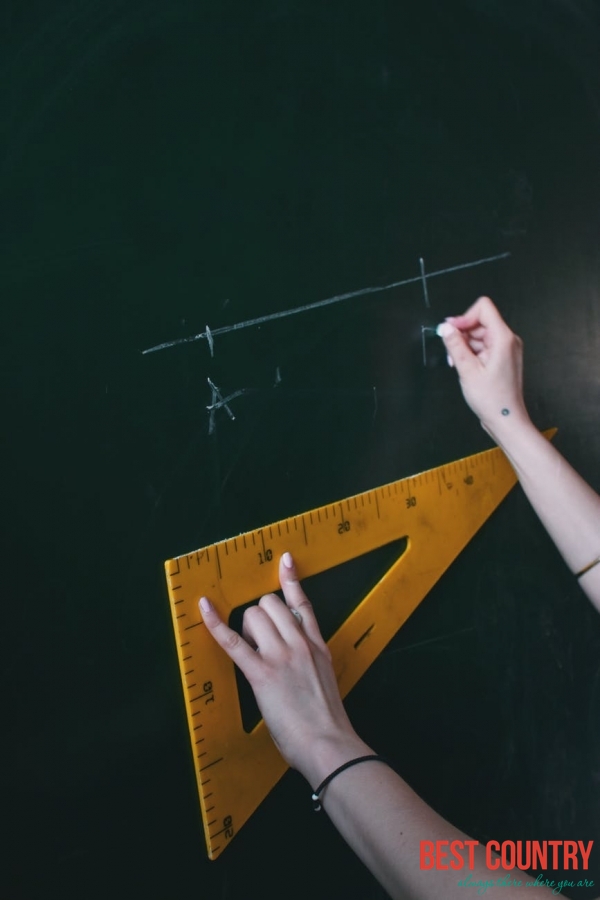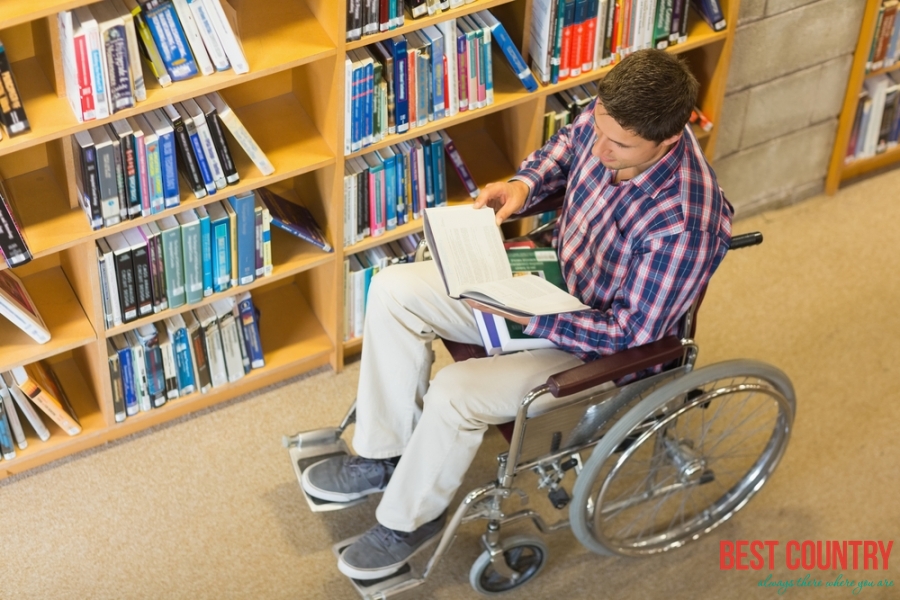Education in the different countries
Education in Lebanon
Education in Lebanon is regulated by the Ministry of Education and Higher Education (MOEHE). In Lebanon, English or French with Arabic are taught from early years in schools. After primary education, English or French become the mandatory medium of instruction for mathematics and science for all schools.Education is compulsory from age 6 to age 14.
Laos Education
Laos Education has gone through a number of stages, from being the weakest sector to the improvements seen in recent times. The Buddhist way of teaching was the first form of education in Laos.
Today's Education in Kuwait
Today, Kuwait’s education system is larger than ever. There are currently close to 500,000 students enrolled in Kuwaiti schools, constituting approximately 30 percent of the entire population.
Education system in Russia
General education consists of primary, basic and secondary (complete) general education. The length of studies is 11 years: classes 1 – 4 are primary, classes 5 – 9 basic and classes 10 – 11 secondary (complete) general education. Children start school at the age of 6 or 7.
The Education System in Norway
Norwegian educational policy is rooted in the principle of equal rights to education for all members of society.
Education system in Holland
The Dutch education system has a long tradition and a trustworthy reputation. The laws issued in 1815 have guaranteed its quality. The most important feature of the Dutch education system, is that study plans are structured in a way that the final degree can be reached by several different study routes.
Monaco Education
The Principality of Monaco puts lot of emphasis on the education of its citizens. Education in Monaco is mandatory for children belonging to the age group of 6-16.
The Education System in Moldova
The country’s educational system consists of primary school, gymnasium, lyceum and other kinds of schools.
Education in Malta
Education in Malta is compulsory through age sixteen and is offered through three different providers: the state, the church and the private sector. The state is responsible for promoting education and instruction and ensuring universal access to education for all Maltese citizens the existence of a system of schools and institutions accessible to all Maltese citizens.
Education in the Republic of Macedonia
The Constitution mandates free and compulsory primary and secondary education in the Republic of Macedonia, and the Law on Primary Education specifies that all children from 7 to 15 years of age attend school for a compulsory 8 years.
Luxembourg Education
In the country of Luxembourg in Europe the Luxembourg Ministry of Education is in charge for scrutinizing and running the national education plan of Luxembourg Education. The 116 local townships of Luxembourg place their individual educational association and class program on a yearly basis.
Liechtenstein - Education
Education is based on Roman Catholic principles and is under government supervision.
Education system in Lithuania
Compulsory education in Lithuania starts with the age of 6 until 16. The primary school is for four years, the basic first stage takes 6 years with students being 10 to 17 years old. After this stage, the senior secondary school starts which last for 2 years and where students can finish with the international baccalaureate.
Education System in Latvia
Primary Education: Latvian education is compulsory and free for children between ages 5 and 18. The first 9 years are spent panatskola primary schools that provide a basic academic education.













